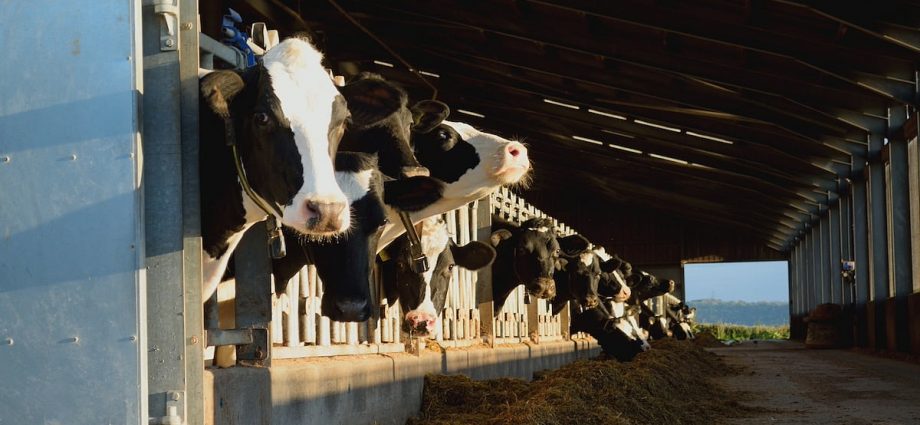FRIDAY, Feb. 14, 2025 (HealthDay News) — Three U.S. dairy veterinarians unknowingly had H5N1 infections, otherwise known as bird flu.
This included one person who worked only in states without known outbreaks in cows, according to a new study from the U.S. Centers for Disease Control and Prevention (CDC).
The findings, published Feb. 13 in the Morbidity and Mortality Weekly Report, stem from antibody testing of 150 veterinarians across 46 states. The results were scheduled for release weeks ago but delayed by the Trump administration’s pause on public communications from health and science agencies.
“It’s important for public health preparedness that we have this data,” Dr. Nahid Bhadelia, director of the Boston University Center on Emerging Infectious Diseases, told The New York Times.
While none of the three infected vets had reported symptoms, their test results suggest that bird flu may be spreading more widely than official case counts show.
As of today, bird flu has been confirmed in more than 960 dairy herds, with at least 68 human cases — most in farm workers exposed to sick cows, the CDC reported.
The study was conducted in September during a veterinary conference, where 25 participants reported working directly with cows suspected of having bird flu.
However, none of those vets tested positive for antibodies.
The three veterinarians who tested positive had not knowingly worked with infected cows — raising questions about how they were exposed.
One of the vets had only worked with cows in Georgia and South Carolina, two states with no officially reported outbreaks in dairy herds. Another had worked only with poultry.
None of the three vets who tested positive had worn goggles or respiratory protection while working with animals — standard precautions when handling infectious cases. All reported wearing gloves and protective clothing, however.
Experts believe asymptomatic farm workers, veterinarians and the nation’s milk supply should undergo more testing to better understand the spread.
“The states that haven’t onboarded bulk milk testing should do that, just not assume that because they haven’t had infected herds reported that they have a little bit of leeway,” Bhadelia told The Times.
More information
The U.S. Centers for Disease Control and Prevention (CDC) has more on the current situation of bird flu.
SOURCES: Morbidity and Mortality Weekly Report, Feb. 13. 2025; The New York Times, media report, Feb. 13, 2025
Copyright © 2026 HealthDay. All rights reserved.

